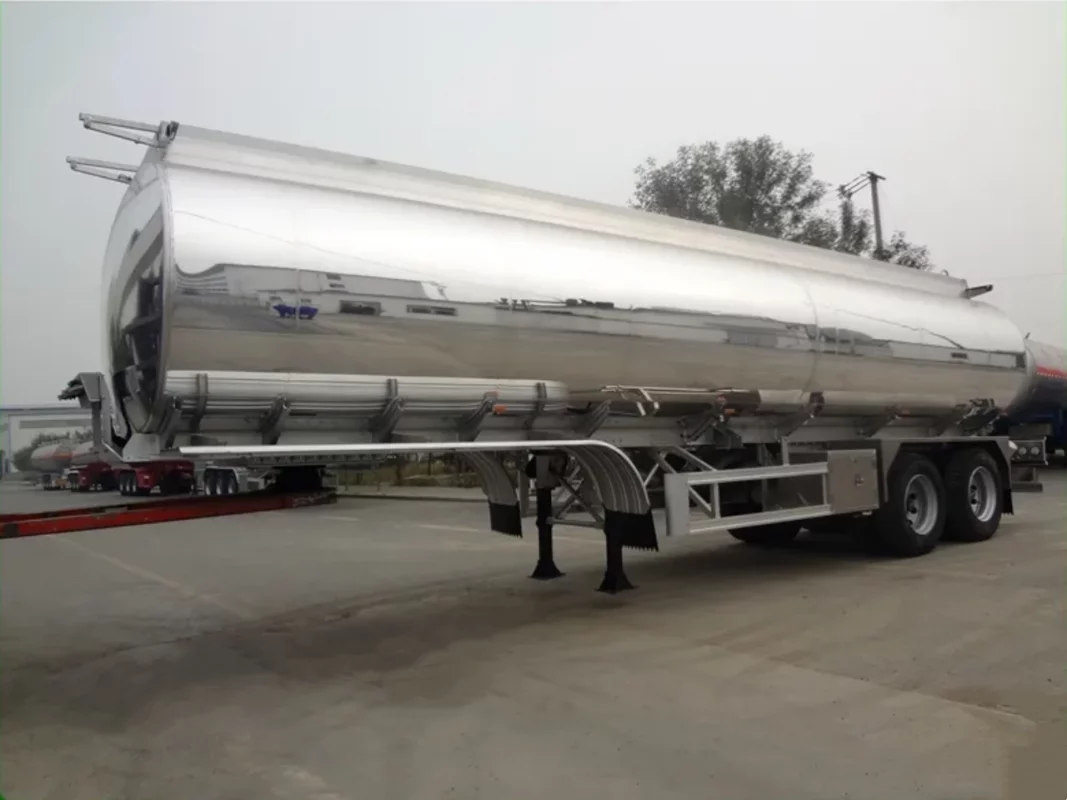A water tank trailer is a specialized type of trailer designed for transporting and distributing water efficiently. These trailers are commonly used in various industries, including agriculture, construction, firefighting, and emergency response. Water tank trailers come in different sizes, capacities, and configurations to meet specific needs. In this article, we will explore their features, components, applications, benefits, and considerations for selecting the right one.
Components of a Water Tank Trailer
A water tank trailer consists of several essential components that ensure efficient water transport and distribution. Below are the primary elements:
1. Tank
The tank is the most critical part of the trailer, designed to hold and store water. Tanks are made from various materials, including:
- Polyethylene (plastic) – Lightweight, corrosion-resistant, and suitable for potable and non-potable water.
- Steel (carbon or stainless) – Durable, strong, and often used for industrial and firefighting applications.
- Fiberglass – Corrosion-resistant and used for specialized applications.
2. Trailer Frame and Chassis
The trailer frame supports the tank and ensures stability during transport. It is typically made of steel for durability and strength. The frame may have additional reinforcements to handle the weight of a fully loaded tank.
3. Pump System
Many water tank trailers include a pump system that allows for efficient water discharge and distribution. Pumps may be powered by:
- Gasoline or diesel engines
- Hydraulic systems
- Electric motors
4. Hose and Spray Nozzles
Hoses and spray nozzles allow for controlled water distribution. Common types include:
- Gravity-fed hoses for simple discharge
- Pressurized nozzles for high-pressure applications like dust control
- Adjustable spray bars for even distribution over large areas
5. Axles and Tires
Water tank trailers come with different axle configurations depending on load capacity and terrain requirements. Some trailers have single axles, while larger models have tandem axles for better weight distribution and stability.
6. Braking System
Heavy-duty trailers often require braking systems for safe operation. These include:
- Electric brakes
- Hydraulic brakes
- Air brakes (for larger commercial trailers)
7. Hitch and Coupling System
The hitch and coupling system connects the trailer to a towing vehicle. The type of hitch used depends on the trailer’s weight and design. Common hitch types include:
- Ball hitches (for smaller trailers)
- Pintle hitches (for heavier-duty applications)
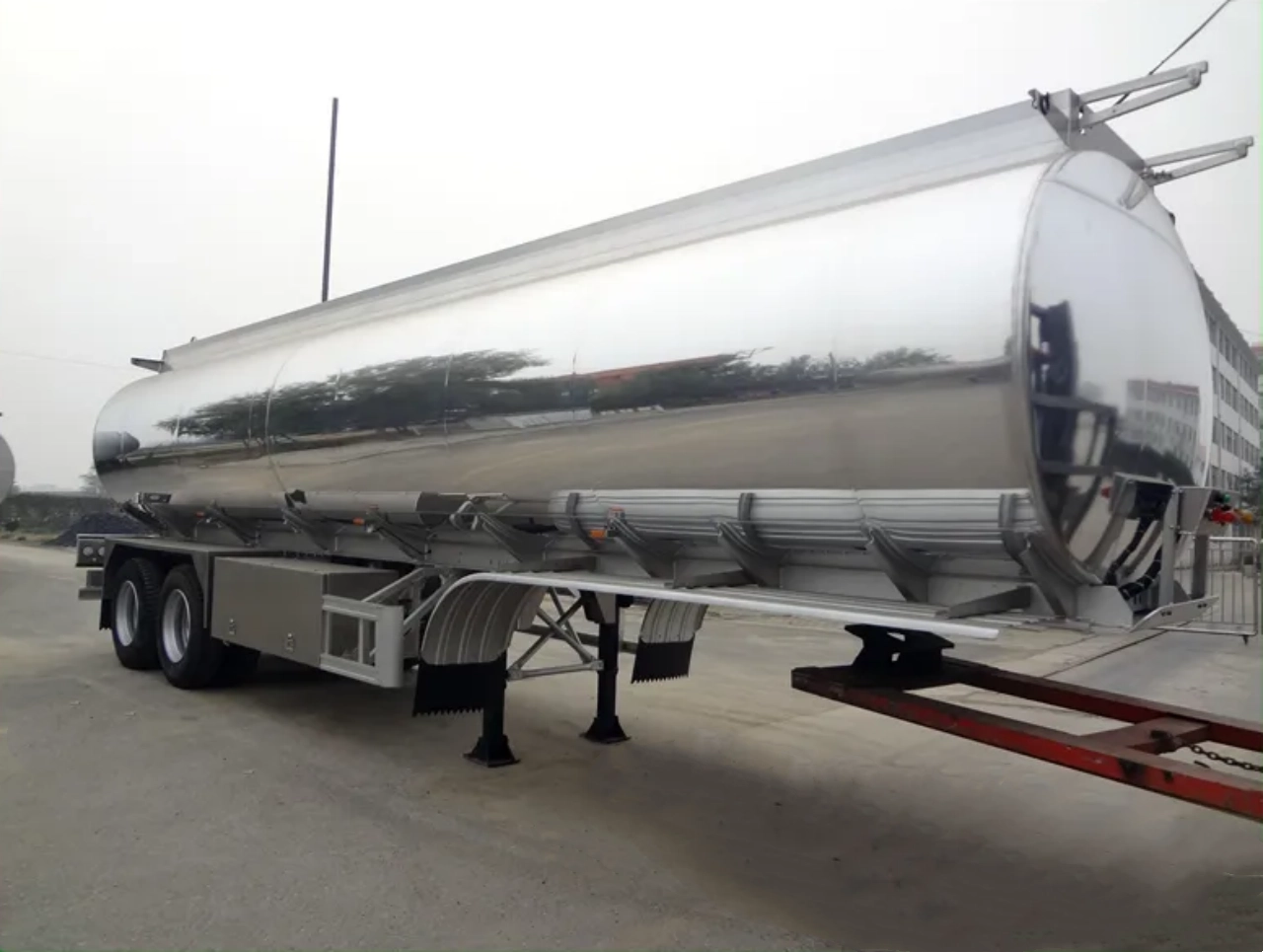
Applications of Water Tank Trailers
Water tank trailers serve various industries and purposes, making them versatile and essential equipment. Below are some of their primary applications:
1. Agriculture
Farmers use water tank trailers for irrigation, livestock watering, and chemical spraying. These trailers help in drought conditions by providing portable water supply to crops and animals.
2. Construction and Dust Control
Construction sites use water tank trailers for dust suppression, road compaction, and site cleaning. By spraying water on dirt roads and construction areas, these trailers help reduce airborne dust and improve air quality.
3. Firefighting
Water tank trailers play a crucial role in fire suppression, especially in rural areas where fire hydrants may not be available. They are used by firefighters, forestry departments, and property owners for emergency fire response.
4. Municipal and Road Maintenance
Local governments use water tank trailers for street cleaning, sewer flushing, and road maintenance. These trailers help in watering roadside vegetation and controlling dust on unpaved roads.
5. Emergency Water Supply
During natural disasters or water shortages, water tank trailers provide emergency drinking water to affected communities. They are commonly used by relief organizations and government agencies.
6. Event and Commercial Uses
Water tank trailers are used at outdoor events, festivals, and construction sites where a temporary water supply is needed for drinking, sanitation, or cooling.
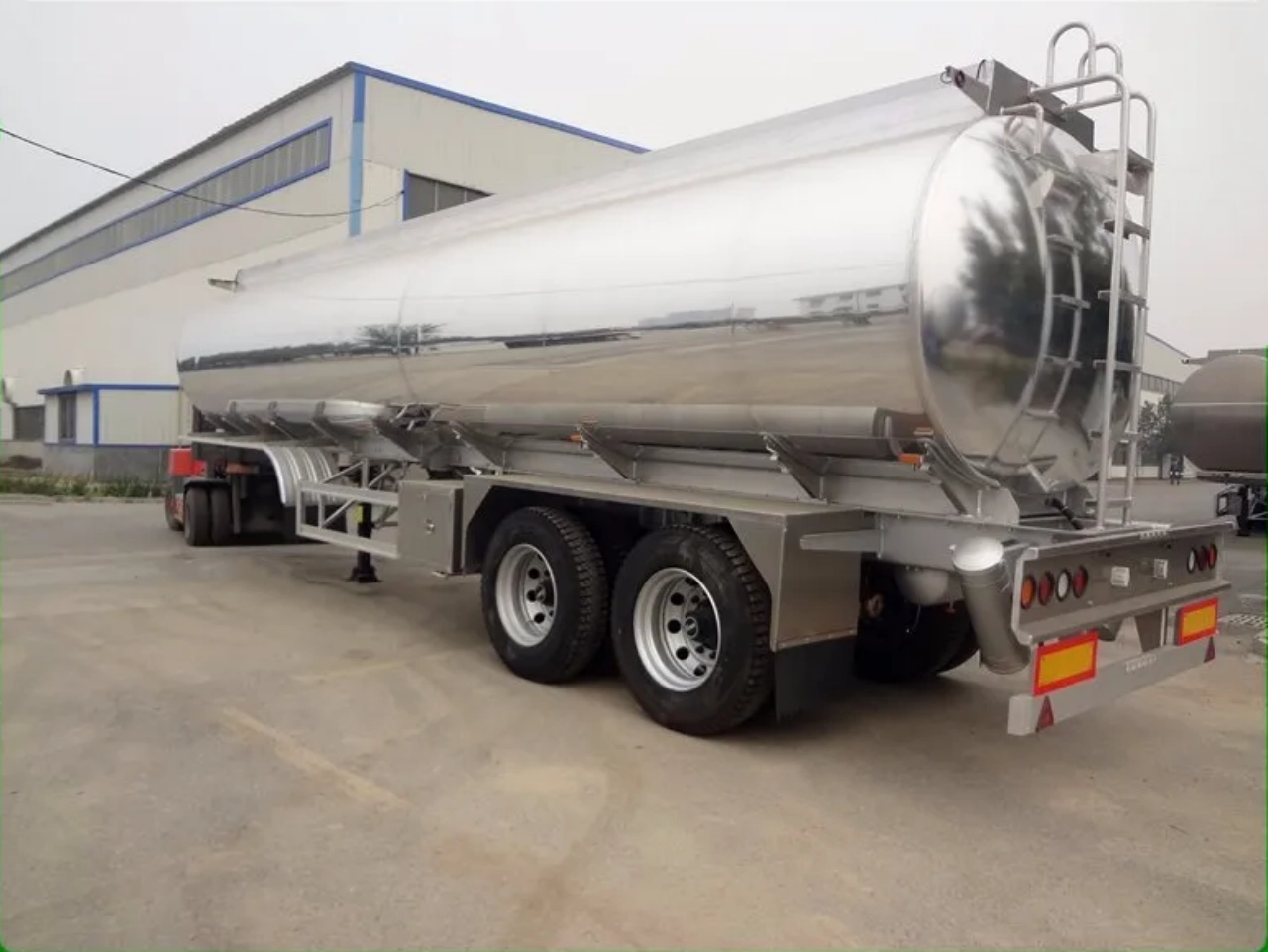
Benefits of Using a Water Tank Trailer
Water tank trailers offer several advantages over other water transport methods. Some key benefits include:
1. Portability and Mobility
Unlike stationary water tanks, water tank trailers can be towed to different locations, making them ideal for remote areas and temporary water supply needs.
2. Cost-Effectiveness
Investing in a water tank trailer can be more cost-effective than building a permanent water supply system, especially for short-term projects or seasonal applications.
3. Versatility
With customizable features such as pumps, spray bars, and hose attachments, water tank trailers can be adapted for various applications.
4. Ease of Use
Most water tank trailers are user-friendly and require minimal training to operate. They can be easily hooked up to common towing vehicles like trucks and tractors.
5. Durability
High-quality water tank trailers are built with durable materials that can withstand harsh weather conditions and rough terrains.
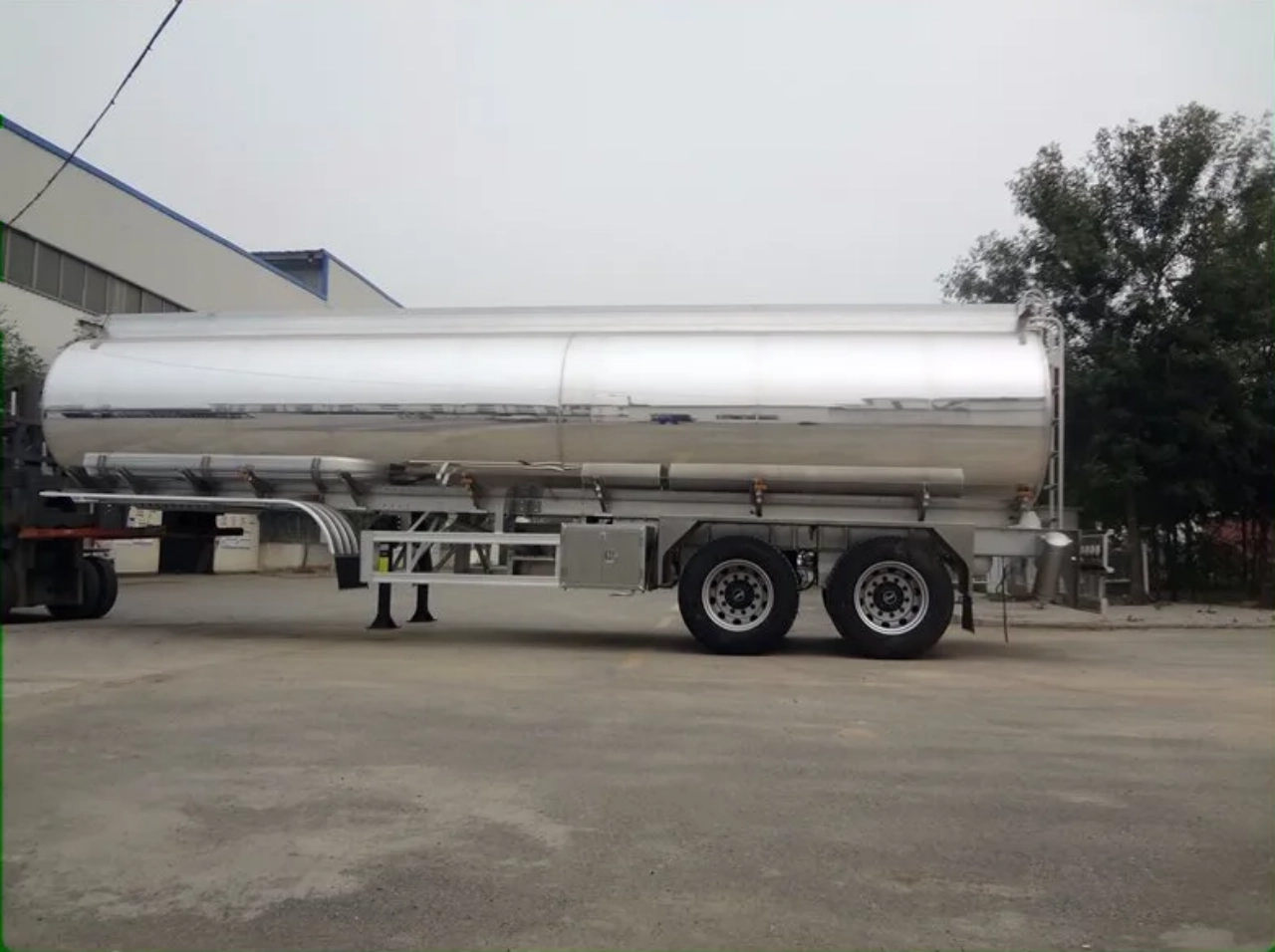
Choosing the Right Water Tank Trailer
When selecting a water tank trailer, several factors must be considered to ensure it meets your specific needs:
1. Capacity Requirements
Water tank trailers come in different capacities, ranging from small 300-gallon trailers to large 5,000-gallon models. The right capacity depends on your usage needs and the towing vehicle’s capability.
2. Material and Durability
Choosing the appropriate tank material is crucial. Polyethylene tanks are suitable for general use, while stainless steel tanks are better for industrial and firefighting applications.
3. Pump and Hose Features
Determine whether you need a gravity-fed system or a pressurized pump. Also, consider hose length and spray nozzle options based on your application.
4. Axle and Towing Considerations
Ensure your towing vehicle can handle the weight of the trailer when fully loaded. Consider tandem axles for better stability on rough terrain.
5. Regulatory Compliance
Check local regulations regarding water transportation and trailer safety requirements, especially for road use and potable water applications.
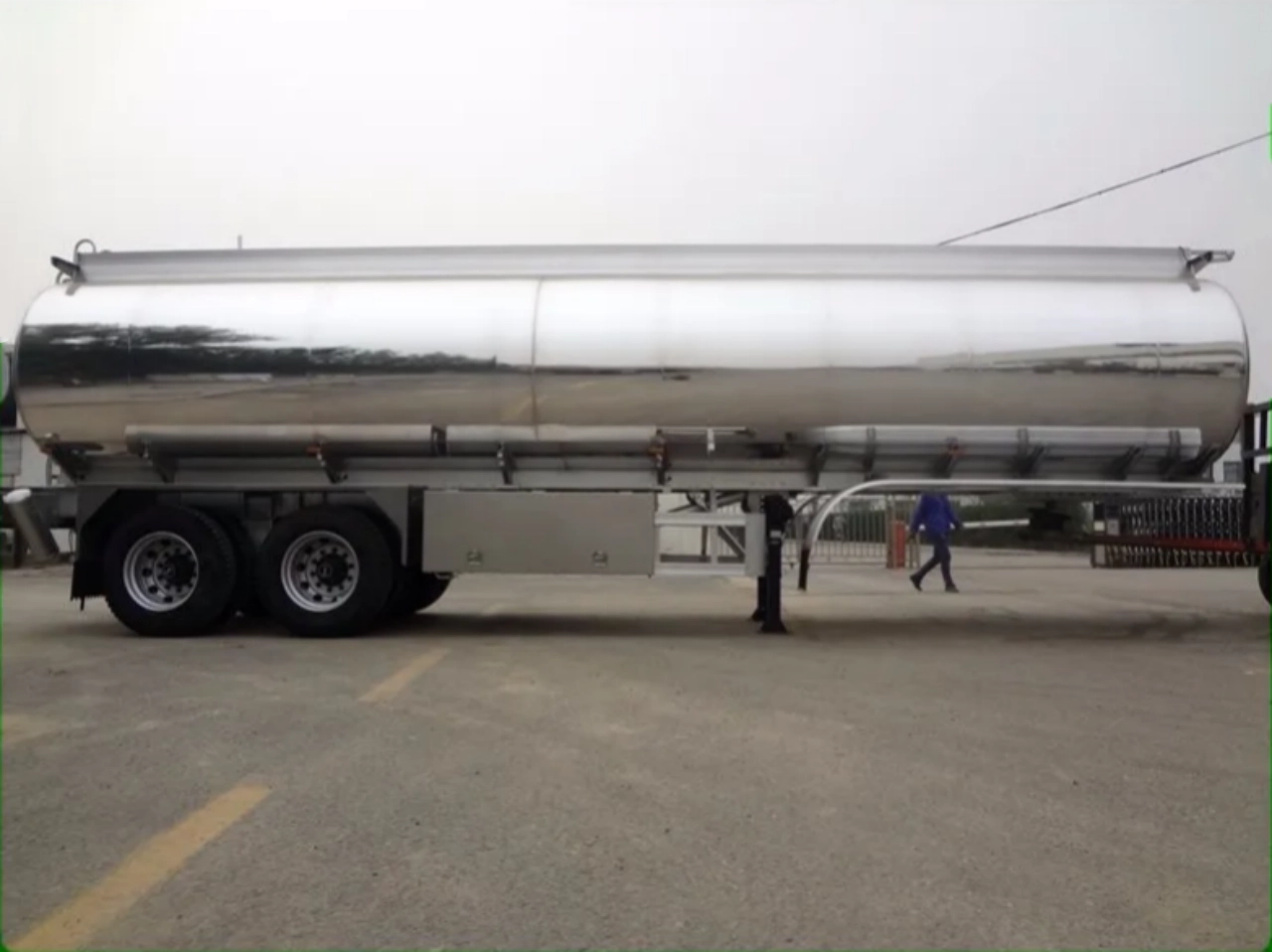
Conclusion
A water tank trailer is an essential piece of equipment for transporting and distributing water efficiently. Whether used in agriculture, construction, firefighting, or emergency response, these trailers provide a reliable and versatile solution. By understanding their components, applications, and benefits, you can select the right water tank trailer to meet your specific needs. Investing in a high-quality water tank trailer ensures durability, efficiency, and long-term cost savings for your water transport operations.

